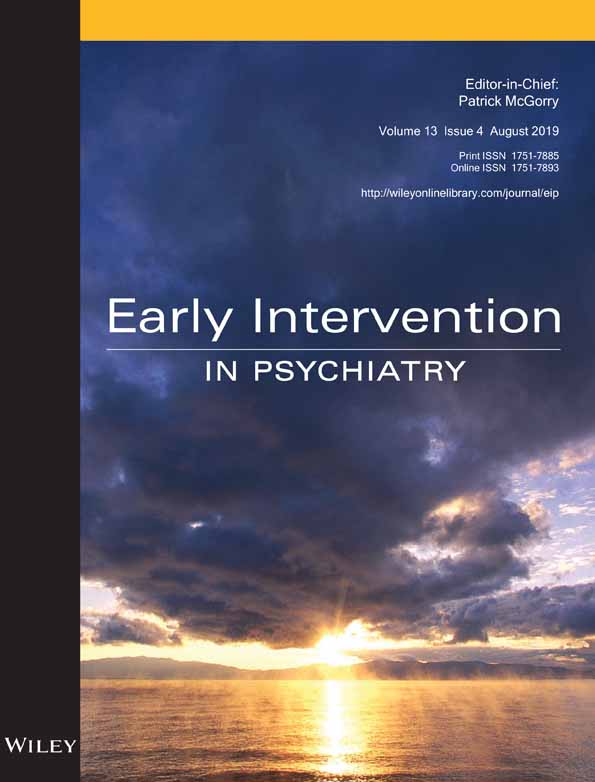Results from a pilot study of a computer-based role-playing game for young people with psychosis
Abstract
Aim
Recent research on first episode psychosis (FEP) has demonstrated the effectiveness of coordinated specialty care (CSC) models to support young adults and their families, yet few tools exist to promote engagement in care. This study aimed to develop a prototype computer-based role-playing game (RPG) designed for young people who have experienced FEP, and conduct a pilot study to determine feasibility and test whether the game improves consumers' attitudes toward treatment and recovery.
Methods
Twenty young people with FEP who were receiving services at a CSC program enrolled in the study and played the game for 1 hour. Pre- and post-quantitative assessments measured change in hope, recovery, stigma, empowerment and engagement in treatment. Qualitative interviews explored participants' experience with the game and ideas for further product development.
Results
Participants showed significant increase in positive attitudes toward recovery. The qualitative findings further demonstrated the game's positive impact across these domains. Of all game features, participants most highly valued video testimonials of other young adults with FEP telling their stories of hope and recovery.
Conclusions
These findings provide modest support for the potential benefits of this type of computer-based RPG, if further developed for individuals experiencing psychosis.




